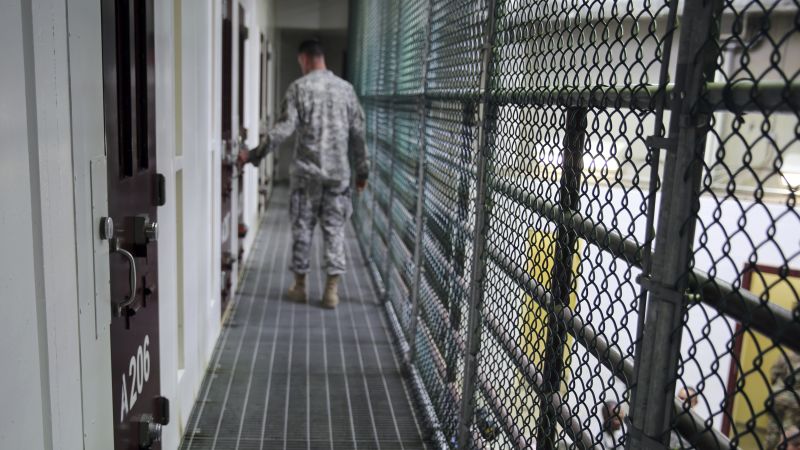
Detention Conditions for Venezuelan Migrants at Guantanamo Bay
Opinion | 8/29/2025
Venezuelan migrants transferred to the Guantanamo Bay naval base in Cuba encountered harsh conditions that jeopardized their well-being, including reports of isolation, unsanitary living conditions, and substandard food quality. An investigation by Human Rights Watch revealed that these individuals, sent by the United States earlier this year, endured what the organization describes as “abusive and inhumane detention conditions.”
The report highlights the detrimental impact these conditions had on the physical and mental health of the migrants, with incidents of suicide attempts reportedly occurring as a result of the challenging circumstances they faced. The lack of adequate hygiene and the provision of stale food further exacerbated the already dire situation, raising concerns about the treatment of individuals seeking refuge.
A spokesperson from Human Rights Watch underscored the urgency of addressing these issues, emphasizing the responsibility of authorities to uphold basic human rights standards, particularly in the treatment of vulnerable populations such as migrants. The organization’s findings shed light on the critical need for improved oversight and accountability in the handling of individuals in detention at Guantanamo Bay.
While the United States has not yet issued a formal response to the allegations detailed in the report, the spotlight on the treatment of Venezuelan migrants at Guantanamo Bay has sparked calls for transparency and a thorough investigation into the conditions faced by detainees. The situation underscores broader concerns regarding the treatment of migrants and the importance of ensuring their rights and well-being are safeguarded in accordance with international norms and standards.
As discussions surrounding the treatment of Venezuelan migrants at Guantanamo Bay continue to unfold, the report by Human Rights Watch serves as a stark reminder of the challenges faced by individuals seeking refuge and the critical need for humane treatment and respect for their dignity in detention settings.


